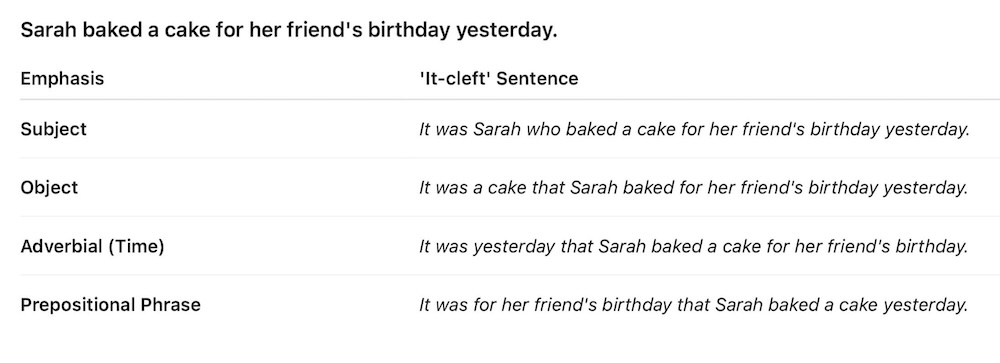Indefinite Adjectives Quiz
Level: Elementary / Pre-Intermediate
This indefinite adjectives quiz builds up your skills to understand this type of adjective.
Indefinite means that they are describing nouns in a non-specific way. Common words are any, few, each, much, many, most, several, all and some.
Indefinite adjectives are also classed as 'quantifiers', which are a type of determiner.
Indefinite Adjectives Quiz
Multiple Choice
Instructions
Decide which is the best word to fit in the gap.
It can't be 'every' or 'each' as they are used with singular nouns - 'students' is plural.
We can say 'a few', which has the same meaning as 'some' but 'few' emphasises a small number of something. 'Another' is used with singular nouns.
The second part of the sentence tells you the person has already borrowed one pen so is asking for 'another'. Besides, for 'some' and 'any' to fit, it would have to be 'penS'.
'Few' (not 'a few') means 'not many', so this fits. 'Many' does not make sense, as there can't be many as they need to be bought quickly. 'Much' is used with uncountable nouns.
'Both' fits best as there are two sisters. 'Every' is used with a singular noun.
'Several' means a small number e.g. two or three, so this makes sense here. 'Neither' does not make sense as it was an 'outstanding' performance and she was happy. It's unlikely someone would view the awards they got as 'enough'.
'Enough' is correct as it means 'sufficient'. 'Few' is with countable nouns and 'less' does not make logical sense.
'Nobody' does not make sense. 'All' would need to say 'All the people home'.
'Many' is used with countable nouns and 'much' with uncountable.
Only 'Each' is used with singular nouns.
New! Comments
Any questions or comments about the grammar discussed on this page?
Post your comment here.



